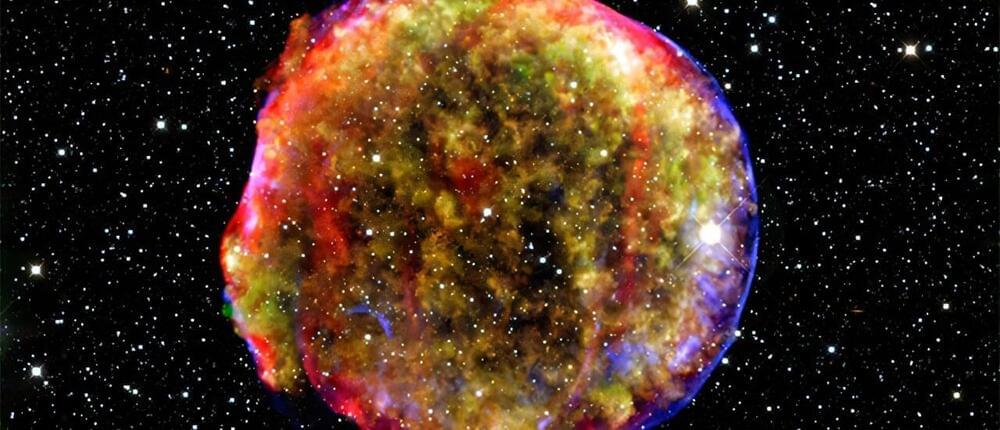Scientists have come a step closer to understanding how collisionless shock waves—found throughout the universe—are able to accelerate particles to extreme speeds.
These shock waves are one of nature’s most powerful particle accelerators and have long intrigued scientists for the role they play in producing cosmic rays — high-energy particles that travel across vast distances in space.
The research, published in Nature Communications, combines satellite observations from NASA’s MMS (Magnetospheric Multiscale) and THEMIS/ARTEMIS missions with recent theoretical advancements, offering a comprehensive new model to explain the acceleration of electrons in collisionless shock environments.
